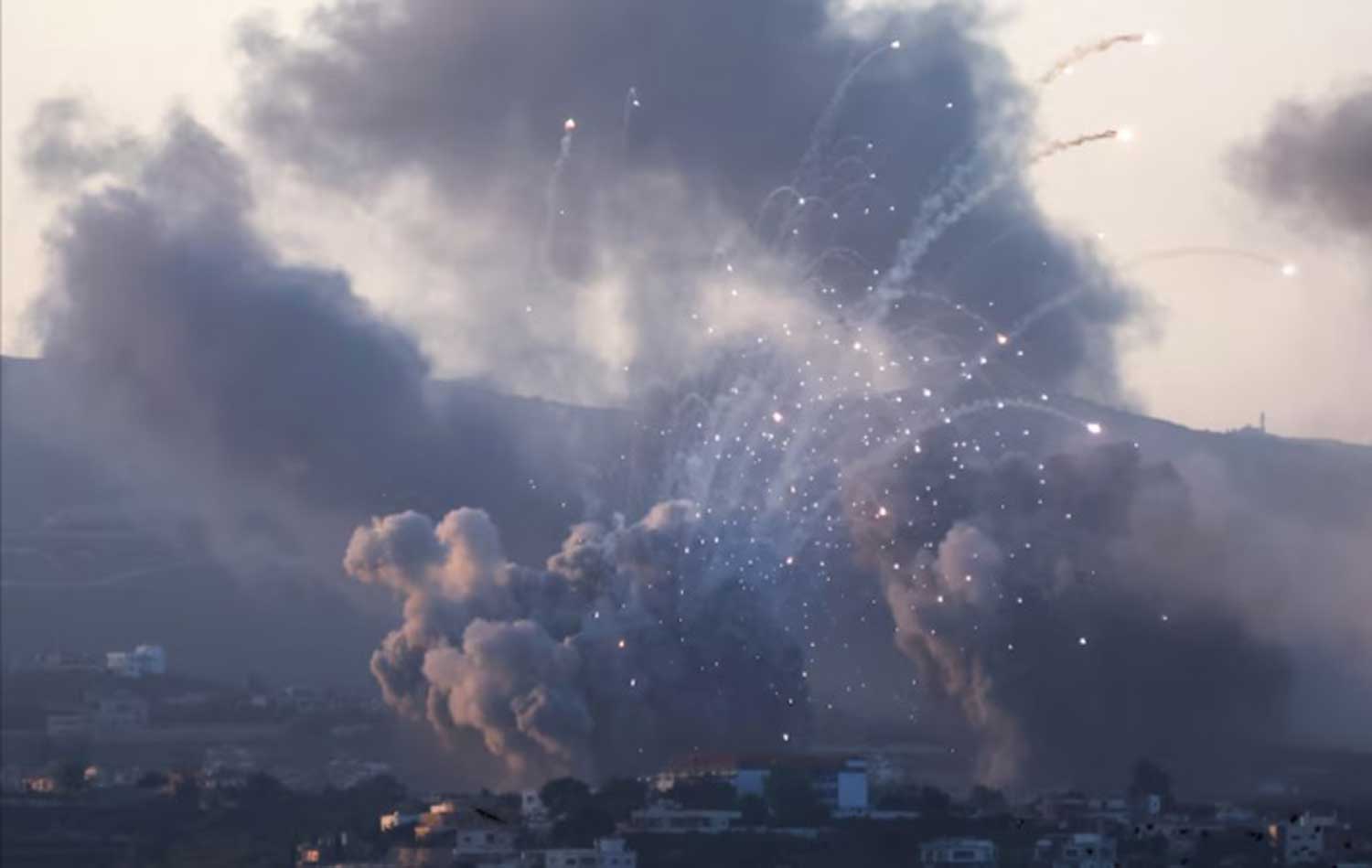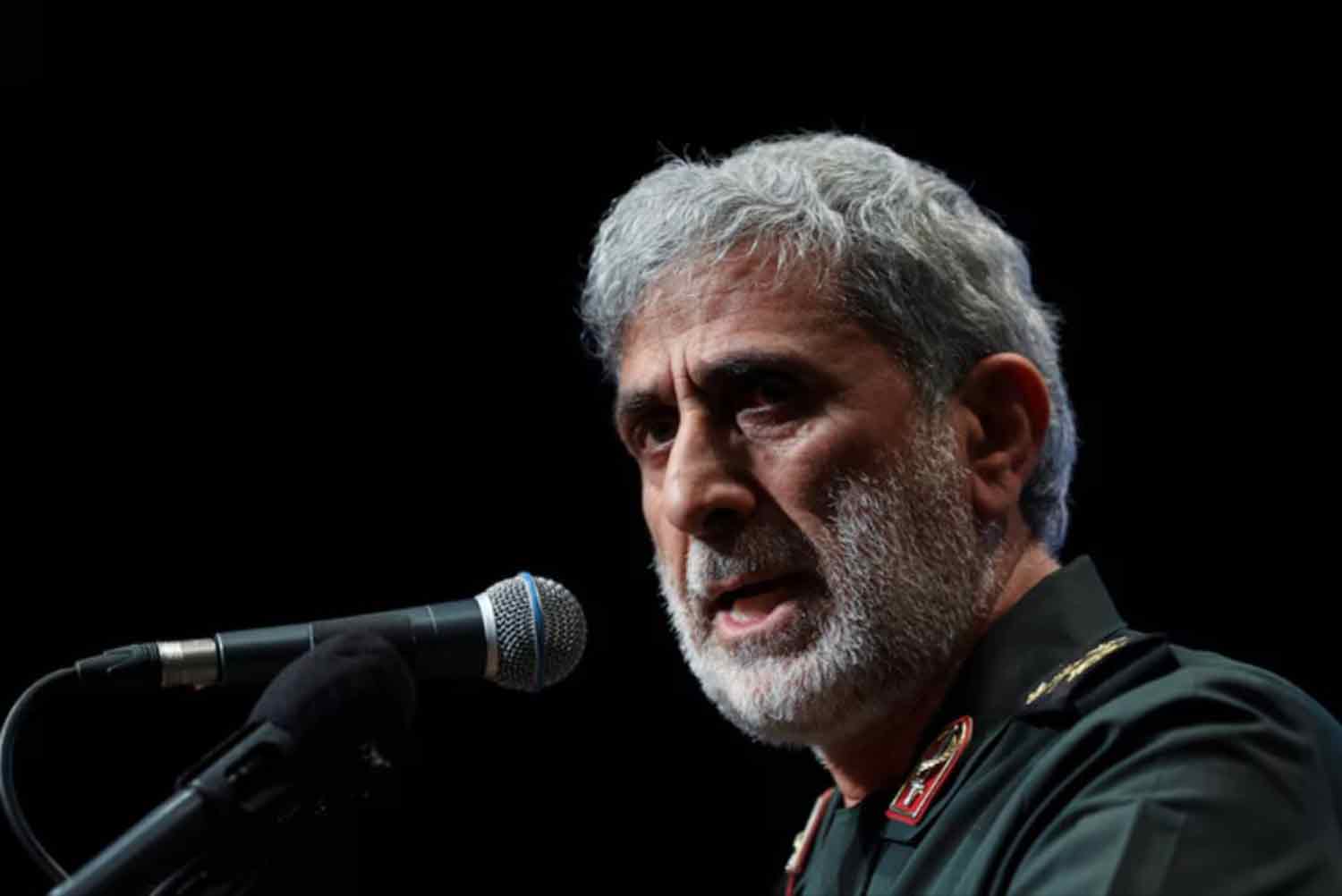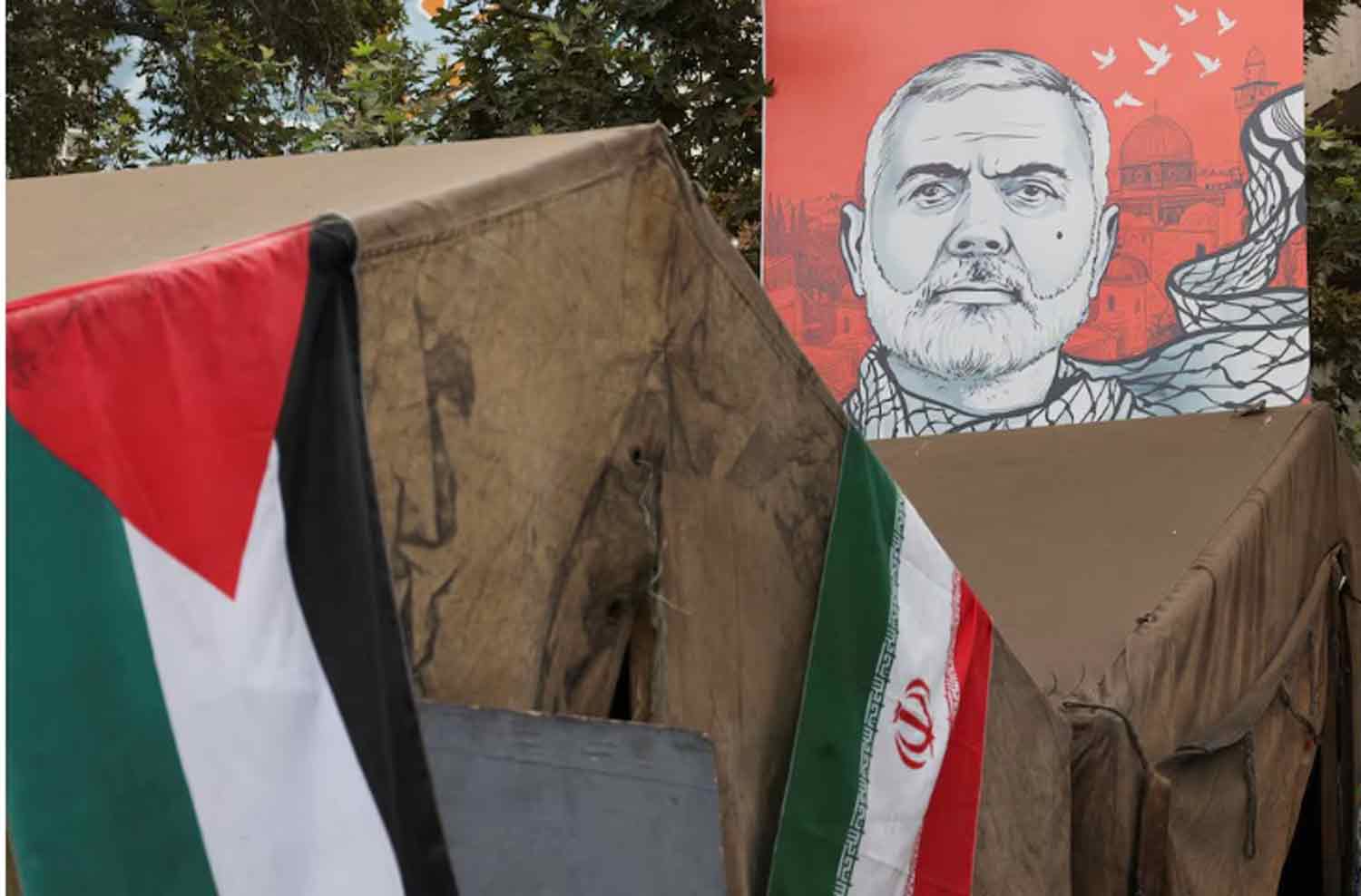An Israeli airstrike in Beirut resulted in the death of Hezbollah commander Ibrahim Qubaisi, according to two security sources in Lebanon. Qubaisi was identified as a prominent figure within Hezbollah’s rocket division.
On Tuesday, an Israeli airstrike specifically targeted Qubaisi in the southern suburbs of Beirut, leading to the deaths of six individuals, as reported by the security sources. This attack followed statements from Israel’s military chief, who indicated that the Iran-backed group would not be afforded any respite.
The airstrike marked the second consecutive day of Israeli operations in Hezbollah-controlled areas of the Lebanese capital, raising concerns that nearly a year of ongoing conflict could escalate into a full-scale war, further destabilizing the oil-rich region of the Middle East.
After almost a year of conflict with the Palestinian militant group Hamas along its southern border, Israel is now redirecting its attention to the northern front, where Hezbollah has been launching rockets into Israeli territory in solidarity with Hamas, which receives support from Iran.
Sources in Lebanon refrained from disclosing the identity of the individual targeted in Tuesday’s airstrike on Beirut, stating that his status remains uncertain. The health ministry reported an initial count of six fatalities and 15 injuries resulting from the strike.
The Israeli military, which conducted airstrikes against Hezbollah on Monday—an action that Lebanese officials claim resulted in over 500 casualties—confirmed a strike in Beirut on Tuesday but did not provide further details.
The airstrike struck a building in the typically bustling Ghobeiry neighborhood. One security source shared an image depicting damage to the upper floor of the five-story structure. Israel’s military chief indicated that operations against Hezbollah would be intensified.
The circumstances demand sustained and vigorous efforts across all fronts, stated Military Chief of General Staff Herzi Halevi following a security evaluation. According to Lebanese officials, the airstrikes conducted by Israel on Monday resulted in 558 fatalities, including 50 children and 94 women. Additionally, they reported that 1,835 individuals were injured, with tens of thousands more seeking refuge.
The rising casualty figures and relentless pressure from the region’s most formidable military have instigated widespread fear in Lebanon, a nation that endured significant devastation during the 2006 conflict between Israel and Hezbollah.
“We are anticipating victory, God willing, because as long as we have a neighbor like Israel, we cannot feel secure,” remarked Hassan Omar, a resident of Beirut.
Afif Ibrahim, a taxi driver from southern Lebanon, expressed a resolute stance.
“They (Israel) wish for us (Lebanese) to submit, but we only bow to God in our prayers; we yield to no one but God,” he asserted.
Calls for diplomatic intervention are intensifying as the situation deteriorates, with UN human rights chief Volker Turk appealing to all nations and influential parties to prevent further escalation in Lebanon.
“I am confident that a pathway to de-escalation between Israel and Lebanon can still be established, leading to a diplomatic resolution that enables people to return to their homes,” stated Jake Sullivan, the White House national security adviser, during an interview with MSNBC.
The ongoing conflict has heightened concerns that the United States, a close ally of Israel, and Iran, a regional power with various proxies throughout the Middle East—including Hezbollah, Yemen’s Houthis, and armed factions in Iraq—could become embroiled in a broader war.
Recent military actions have increased pressure on Hezbollah, which experienced significant losses last week due to a major security breach involving the explosion of thousands of communication devices used by its members. This incident is believed to have been orchestrated by Israel, known for its history of sophisticated operations abroad, although it has neither confirmed nor denied involvement.
On Tuesday, Hezbollah’s media office reported that Israel was distributing leaflets containing a “very dangerous” barcode over Lebanon’s eastern Bekaa Valley, warning that scanning it with a phone would “extract all information” from any device. The Israeli military has not yet responded to these claims, and Hezbollah did not disclose any additional content on the flyers.
Israel’s advanced intelligence and technological capabilities have provided it with a significant advantage in both Lebanon and Gaza, allowing it to locate and eliminate key Hezbollah and Hamas leaders.
On Tuesday, the Israeli military reported that approximately 55 projectiles had entered Israeli territory during the latest assaults, with most being intercepted. In response, Hezbollah claimed to have targeted the logistical warehouses of the 146th Division at the Naftali base with a barrage of rockets.
Discover more from Defence Talks | Defense News Hub, Military Updates, Security Insights
Subscribe to get the latest posts sent to your email.





